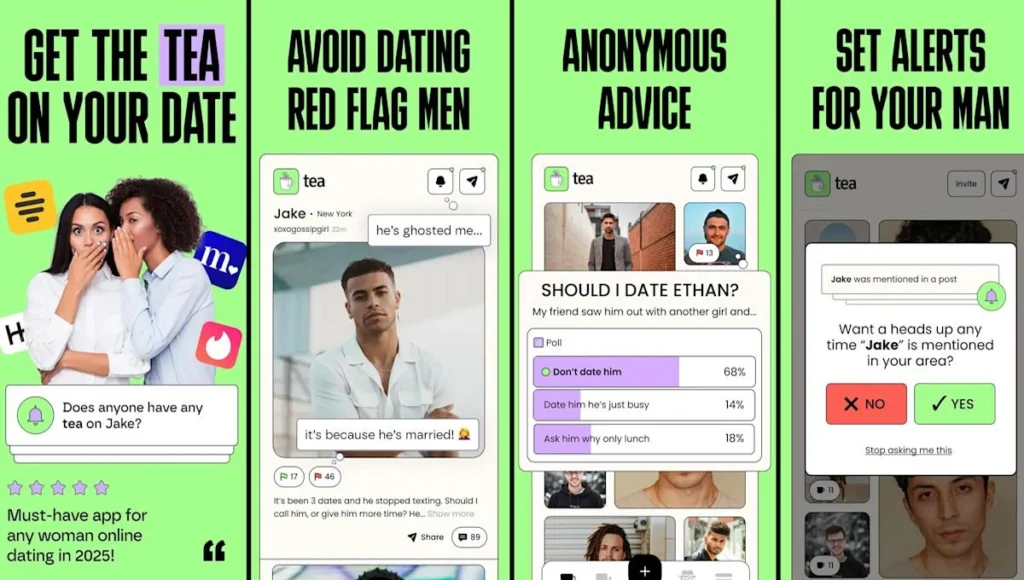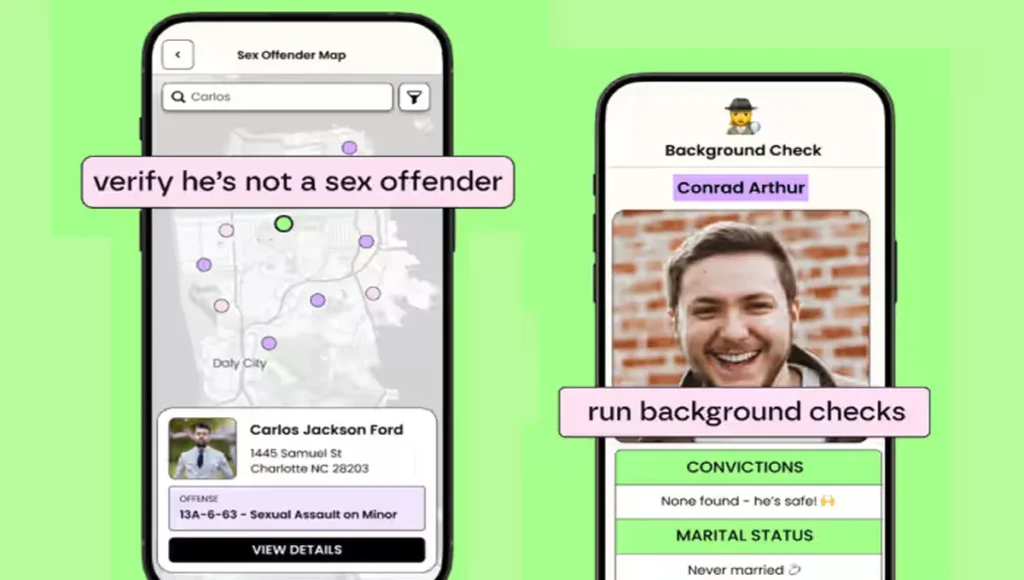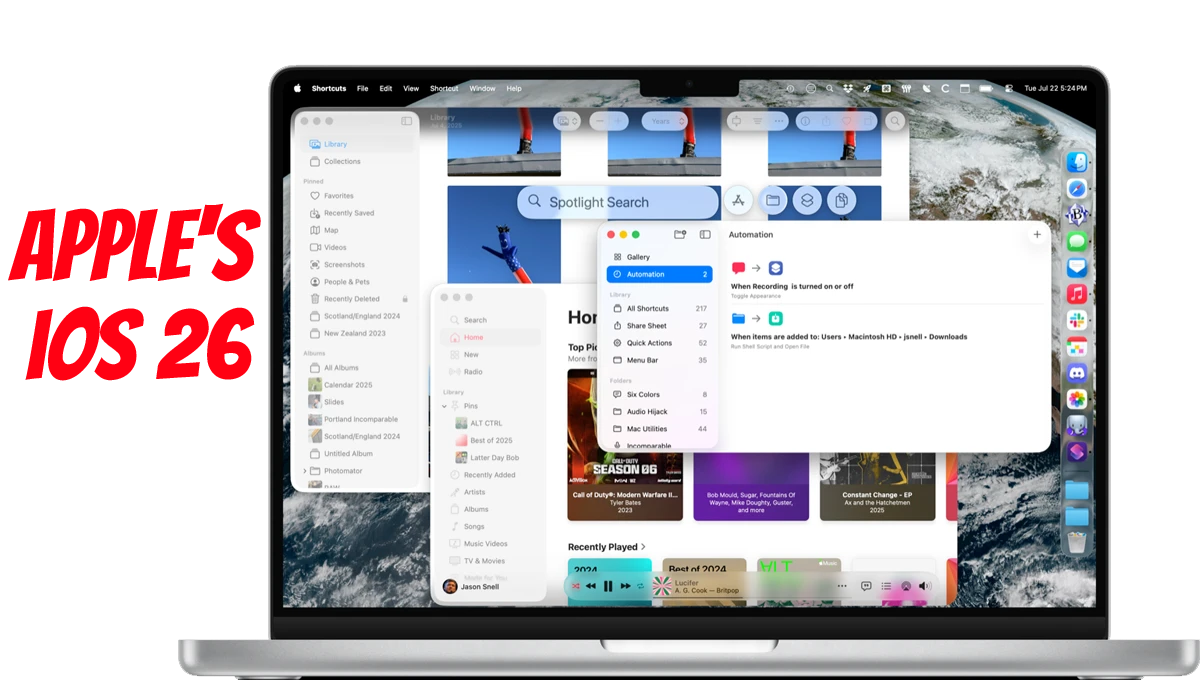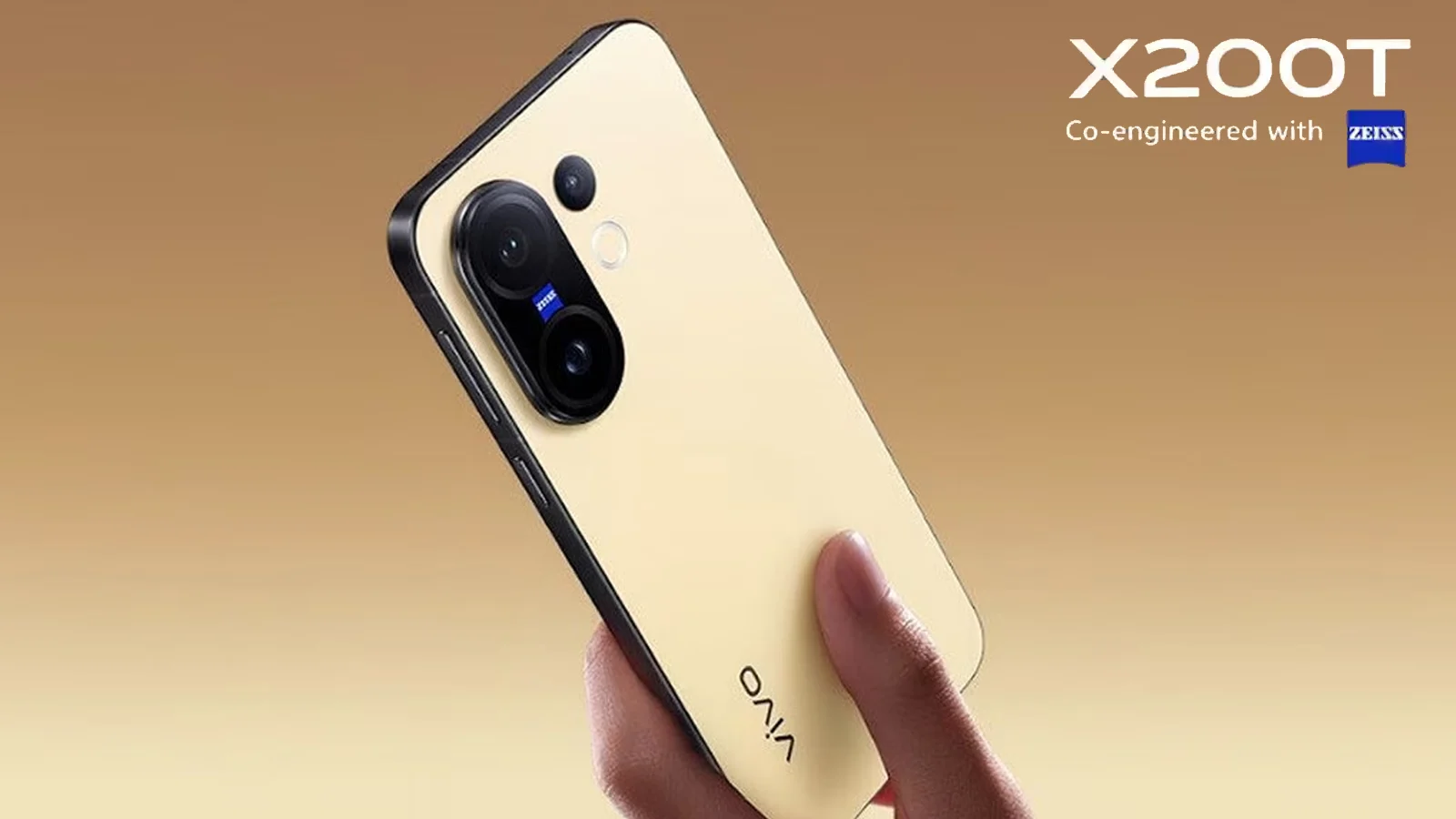In the digital age, where women increasingly seek safer ways to date and interact online, a popular app that promised protection and anonymity has suffered a major breach of trust. The tea app designed as a digital haven for women to talk about the men they date, has confirmed a data breach that resulted in the leak of over 72,000 user images, including 13,000 photo IDs and verification selfies.
For many women, Tea wasn’t just an app — it was a lifeline. A place where they could share experiences, avoid catfish situations, and protect themselves from harmful dating encounters. But now, that sense of security has been deeply shaken.
What happened to Tea App?
According to Tea’s official spokesperson, the breach exposed images from user verification processes, as well as public content such as posts, comments, and private messages. While the tea app claims that sensitive data like email addresses and phone numbers were not affected, the visual nature of the leak — especially the exposure of government-issued IDs — is alarming.
The breach reportedly targeted a database that dated back more than two years. Ironically, this data was originally stored to meet cyberbullying prevention regulations required by law enforcement. But that same data has now fallen into the wrong hands.
The leak was first reported by 404 Media, which discovered that hackers on 4Chan, a controversial online message board, had posted links to the stolen images. These links, now disabled, gave unrestricted access to the compromised material. Some users even created Google Maps with coordinates allegedly tied to the breached accounts, adding yet another layer of fear among users.
Why Tea App Was So Popular

The rise of Tea came at a time when women needed tools to protect themselves in the unpredictable world of online dating. The tea app allowed users to anonymously flag red or green signals on men they met through platforms like Tinder or Bumble. Users could search for individuals, leave comments, and even reverse-search images to detect fake profiles or find criminal records.
Tea promoted itself as a tool to help users know if someone is “safe, not a catfish, and not already in a relationship.” The tea app’s creator, Sean Cook, revealed that his motivation stemmed from his own mother’s traumatic experiences with online dating. She was once catfishes and unknowingly dated men with criminal backgrounds. He wanted Tea to be the solution — a virtual whisper network built on transparency, trust, and safety.
Tea app also gained attention for donating 10% of its profits to the National Domestic Violence Hotline, a partnership confirmed by the organization. This added a level of credibility and moral value to the brand.
The Emotional Fallout
For many of its users, Tea app represented more than just an app. It was a safe space, a community, and a protective shield. With news of this hack, that sense of protection has quickly dissolved into anxiety and fear.
Even though Tea says it is working with third-party cybersecurity experts and “around the clock” to fix the breach, the emotional toll is already visible. Many users took to the app’s Instagram page, expressing anger, fear, and betrayal. Some are still on the app’s waitlist, unsure if they even want to continue with registration now.
What hurts even more is that these weren’t just random leaked photos — they were verification selfies and legal IDs that women submitted to prove their identities, all under the promise of deletion after review. That promise now feels broken.
The Internet’s Divided Reaction
While many have shown support for the affected users, others — especially in male-dominated forums — have responded with hostility. The original leak on 4Chan was sparked by trolls calling for a “hack and leak” campaign, citing unfair representation of men on Tea.
In retaliation, some men even attempted to launch a male version of the app, Teaborn, but it was quickly removed from the App Store after backlash and accusations of promoting revenge content.
This backlash raises a deeper question: How do we protect women online without creating further divisions between genders? While the idea behind Tea was noble, the app’s inability to safeguard its data has now opened doors to potential doxxing, harassment, and emotional trauma.
Where Do We Go from Here?

As of now, Tea says it has surpassed 4 million users, with 2 million joining in just a few days before the hack. The company is reportedly doing everything possible to secure the platform. But rebuilding trust will take far more than just technical upgrades.
Users are left wondering — is any digital space truly safe anymore? Especially for women who rely on anonymity to share sensitive, real-life experiences.
The Tea team may be working tirelessly to resolve the situation, but the emotional damage caused by this breach will not be easy to erase. The digital scars left behind could haunt users for months, if not years, to come.
Disclaimer:
The information in this article is based on publicly available reports and statements made by Tea, 404 Media, and various online sources. While efforts have been made to ensure accuracy, we do not claim responsibility for the authenticity of leaked content or its origin. Readers are encouraged to stay updated through official announcements from the Tea app and remain cautious when using any digital platforms that involve personal data.
Also Read:







